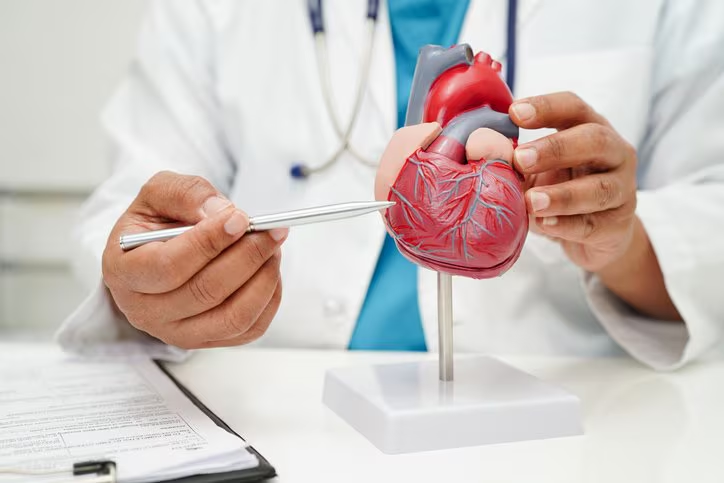While many heart-related symptoms can be temporary or related to other conditions, knowing when to seek specialized care from a cardiologist can make a significant difference in your health outcomes. Understanding the right time to consult a heart specialist helps you receive appropriate care when you need it most. Here is some information to help you recognize the key signs that warrant a cardiologist consultation and understand what to expect during your visit.
Common Heart Symptoms
Many symptoms can indicate underlying heart conditions that require professional assessment. If you experience any of the following, it’s a good idea to consult a cardiologist:
- Chest Pain: This is a significant concern, especially if it feels like pressure, squeezing, or burning and spreads to your arms, neck, jaw, or back.
- Shortness of Breath: If you struggle to breathe during everyday activities like climbing stairs or walking short distances, seek medical attention.
- Heart Palpitations: Feelings of your heart racing, fluttering, or skipping beats can be alarming. While occasional palpitations might be harmless, frequent or severe episodes need evaluation.
- Dizziness, Lightheadedness, or Fainting: These may be signs of heart rhythm issues or structural heart problems that require specialized care.
It is necessary to pay attention to these warning signs and seek medical advice promptly if they arise. Early detection and treatment can make a significant difference in managing heart health effectively.
Cardiac Risk Factors
Certain risk factors make regular visits to a cardiologist beneficial, even without apparent symptoms. A family history of heart disease raises your risk. Medical conditions like diabetes, high blood pressure, or high cholesterol add extra strain on your heart, often requiring coordinated care between your doctor and a heart specialist. Lifestyle choices such as smoking, a sedentary routine, obesity, and chronic stress increase the likelihood of cardiovascular problems. Regular check-ins with a cardiologist can help detect and manage potential issues early, leading to better long-term heart health.
The Role of a Cardiologist
During your first cardiologist appointment, expect a thorough review of your medical history, including questions about your symptoms, family history, and lifestyle. Be prepared to describe your symptoms precisely, noting their onset, duration, and triggers. A physical examination will also be conducted, involving listening to your heart and lungs, checking blood pressure, and examining for signs of circulation issues.
Based on your symptoms and risk factors, your cardiologist may suggest diagnostic tests. These could include an electrocardiogram (ECG) to assess electrical activity or an echocardiography to visualize heart structure. Stress testing might also be performed to evaluate heart function during physical activity.
Blood tests may be ordered to check for markers of heart damage, cholesterol levels, or other cardiovascular conditions. Depending on your specific situation, more advanced imaging studies may be recommended. These tests help the cardiologist gain a comprehensive understanding of your heart’s health.
Take Action for Your Heart Health
Knowing when to see a cardiologist is necessary for your heart health. If you’re experiencing concerning symptoms or have risk factors for heart disease, it’s wise to schedule an appointment. Early detection and intervention can lead to better outcomes and prevent serious complications. Your primary care physician will guide you on whether a referral is appropriate and help coordinate your care.





Leave a Reply